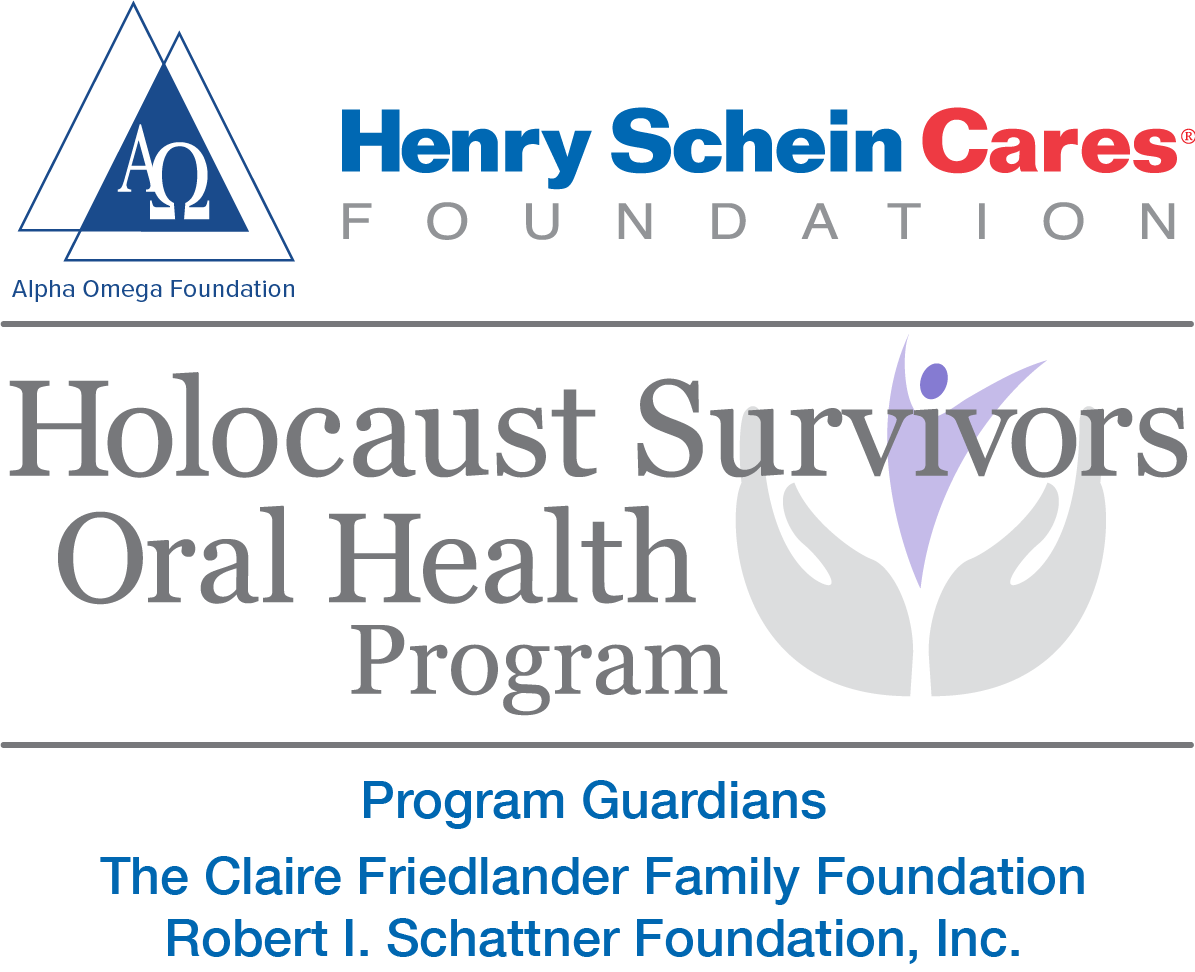Mrs. E is a survivor born on October 9, 1939 in Odessa, Ukraine, the former Soviet Union (FSU).
Bradford Azizi, Holocaust Survivor Program Intern: How did life change for you during the Holocaust?
Mrs. E: I first remember myself at the age of four or five, in Tashkent, Uzbekistan. I was too young to remember Odessa, Ukraine. From my mom’s stories, we escaped the advancing Nazi Army from Ukraine to Tashkent. My mother was only 25 years old and a widow; her husband was killed during the Winter War. By chance, she met a Russian officer who fell in love with her and helped us get the last train out of Odessa. Right after we boarded the train and it started moving, the Germans had exploded the train station thus trapping people in Odessa. A nice Russian family in Uzbekistan gave us our own room in a very small house.
My mother’s family survived the war, my father’s family was killed by bombs in a train when they were evacuating.
I remember that we had “blue” milk with a small piece of bread. I think it had sour whey that was called “milk.” The reason it had a blueish tint was because it was so heavily strained that almost no milk fat remained in this drink. I don’t know how my grandma survived because there was not enough bread for her.
Bradford Azizi, Holocaust Survivor Program Intern: After the war ended, what did you and your family do next?
Mrs. E: Mostly, Jewish families from Ukraine had come back to their [homes]. But since my mother was a widow, we didn’t have enough money to move back. We stayed in Tashkent. Antisemitism in Tashkent wasn’t as high as in Ukraine.
The school I studied at was good. Also, I had a wonderful education from very qualified and professional teachers. I studied Education at Pedagogical Institute of Foreign Languages with a concentration on English and German. Unfortunately, Uzbekistan had become a nationalistic country, especially when Breshnev became the leader of the Communist Party. As an example, I was refused a translating job at a hotel because I was Jewish.
Bradford Azizi, Holocaust Survivor Program Intern: How and when did you come to America?
Mrs. E: We were not able to travel outside the FSU before because my husband was a professor and was held under tight restrictions at the university. Once Gorbachev came, my husband was already dead, but we were finally able to travel outside of the Soviet Union. First, we moved to Israel, right outside of Tel Aviv. After, my sons moved to the U.S. and I followed them. I’ve been living here for 12 years now.
Bradford Azizi, Holocaust Survivor Program Intern: How has your experience during the Holocaust shaped your life in the U.S.?
Mrs. E: I don’t think the Holocaust shaped much of my experience here. But now, I have help and I am very grateful for this help. I also have two sons. One lives in Maryland, one in Texas.
Bradford Azizi, Holocaust Survivor Program Intern: In terms of healthcare, do you think your experience during that time affected your oral health?
Mrs. E: Not at that time. However, I am very grateful to the doctors who have taken care of me. Even when my dentures were broken, my AO dentist came in on a holiday to repair it. She was a wonderful doctor and I’m grateful to Dr. Ellen Krieger and wish her all the best. I want people to know that [a] Jewish heart is great, this doctor (dentist) showed that. Also, Dr. Andrew Sklar was great.
Bradford Azizi, Holocaust Survivor Program Intern: Has the pandemic made it harder to obtain healthcare? If so, how?
Mrs. E: You know what, now that I’ve had both vaccine shots, I can leave my apartment and go somewhere; so, obtaining healthcare isn’t too difficult now. However, I am very worried about children because they have no vaccine. Since America is a great country, hopefully everything will be done soon.
Bradford Azizi, Holocaust Survivor Program Intern conducted the interview
Liza Uchitel, Care Manager of JSSA assisted
